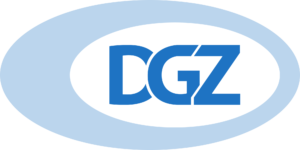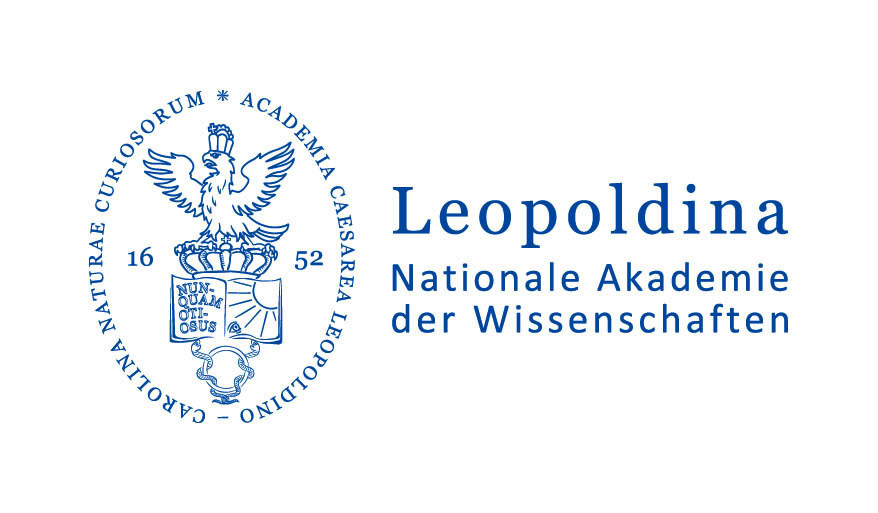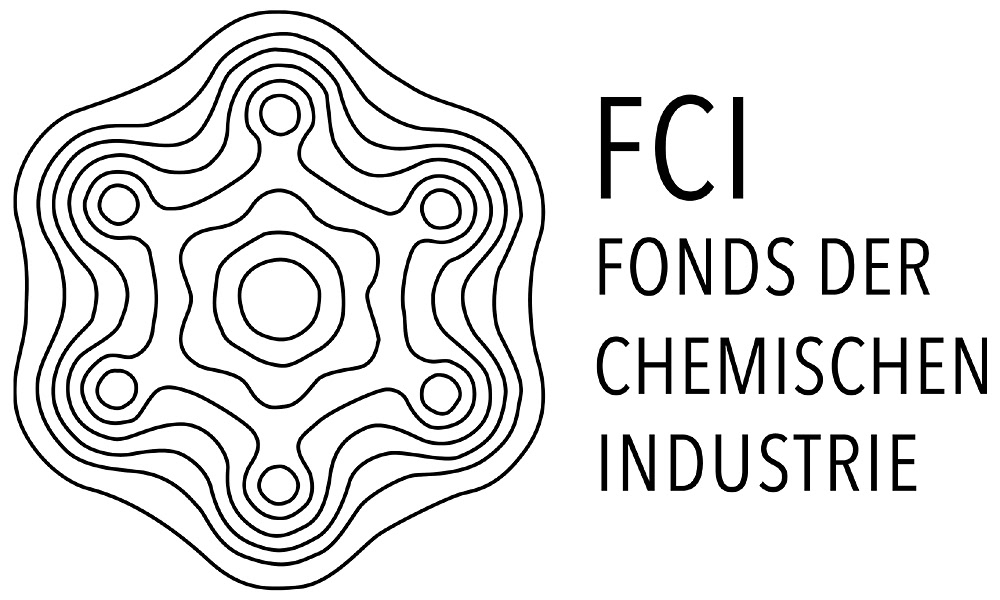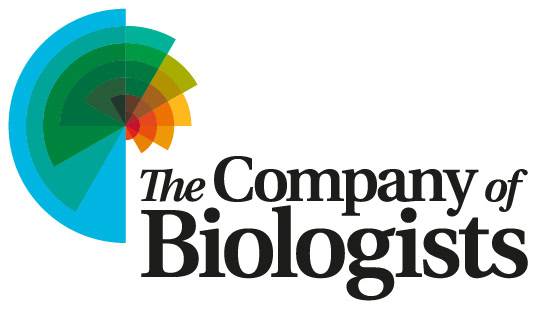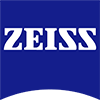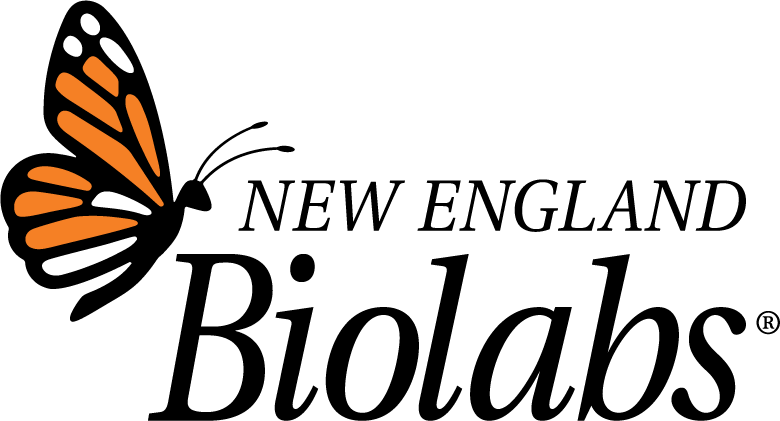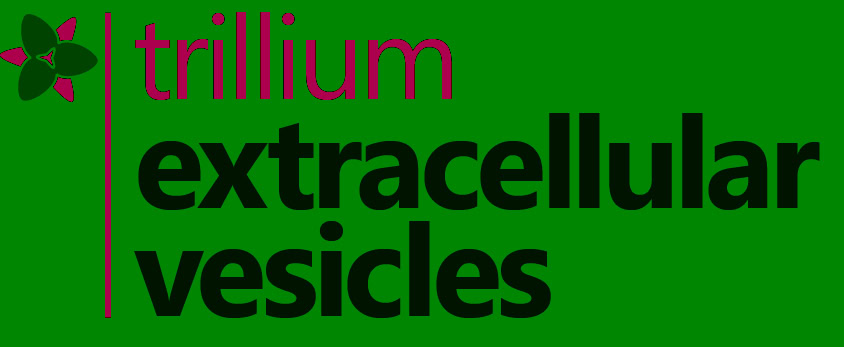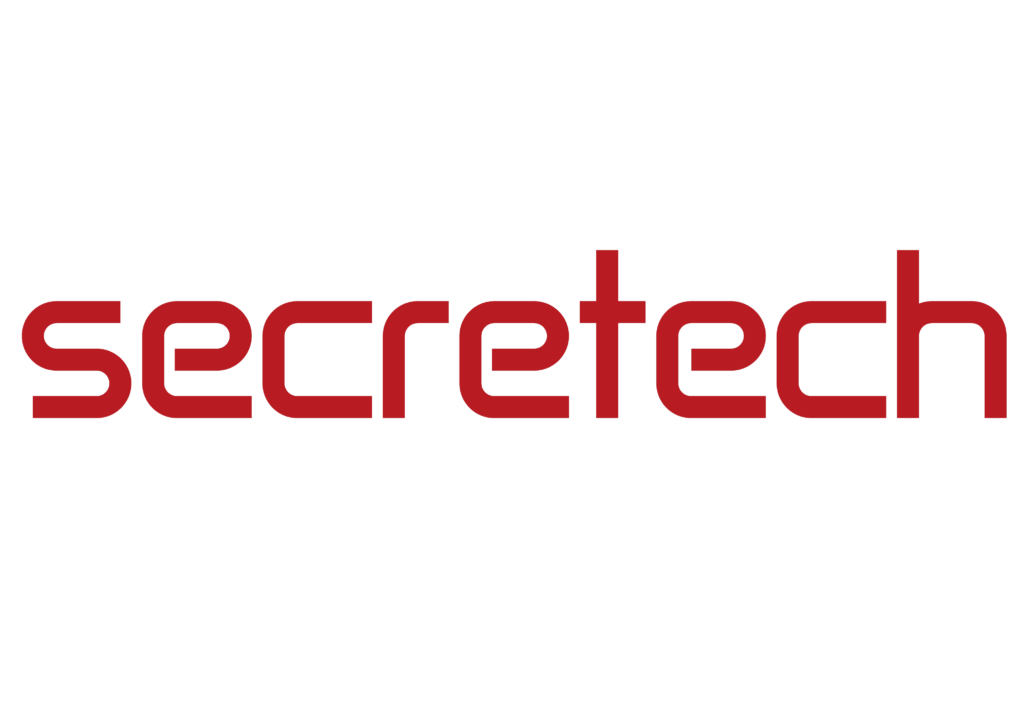Image credit: Maximilian Schilling
Awards and Prizes
We are pleased to announce several awards that will be presented during the DGZ International Meeting in Heidelberg:
Three Poster Prizes, sponsored by Journal of Cell Science
Prize for the Best Short Talk, sponsored by the European Journal of Cell Biology
Travel Green Prize for Sustainability, sponsored by the Company of Biologists, recognizing participants who have chosen environmentally friendly travel options (see Practical Information → Travel for more details)
We warmly thank all sponsors for their generous support and look forward to celebrating the achievements of our participants!
This meeting is supported by
Date: October 26 – 29, 2025
Location: Heidelberg, Germany
Venue: Conference Center, German Cancer Research Center (DKFZ)
Deadlines:
Early bird registration: July 06, 2025
Regular registration: September 15, 2025
Abstract submission: July 06, 2025
Contact:
Frederike Seibold
dgz2025conference@cos.uni-heidelberg.de
Christiane Edelmann-Mohr
unikt-kongresse@zuv.uni-heidelberg.de
Congress and Conference Management (UniKT)
Seminarstr. 2, 69117 Heidelberg
Register
Register here
General services for a congress
Poster
Download here
International Meeting of the German Society for Cell Biology
“50 years of Cell Biology: the heart of life sciences – past, present and future”
Founded in Heidelberg in 1975, the German Society for Cell Biology (DGZ) is celebrating its 50th anniversary with an international meeting showcasing major areas of cell biology. The vibrant and diverse program highlights the remarkable advancements the field has undergone over the past half-century.
We are excited to advertise sessions in
- Cilia and Centrosomes
- Membrane Trafficking and EVs
- Cytoskeleton and Molecular Motors
- Cell Polarity and Cell Migration
- Cell Adhesion and Mechanobiology
- Membrane Organization and Contact Sites
- Cell Biology of the Immune System
- Functional Organization of the Nucleus
- Imaging for Cell Biology
- Mitosis and Meiosis
- Cellular and Organismal Proteostasis
- Physics of the Cell
The international conference will feature inspirational lectures by renowned cell biologists, including keynote lectures by Tony Hyman, Stefan Hell and Maria Leptin and Bernd Bukau, in addition to various short talks selected from abstracts, lively poster sessions and network opportunities throughout the conference.
We look forward to welcoming scientists from Germany and around the world to an exciting and unique event in the charming city of Heidelberg.
This meeting is kindly supported by our sponsors:
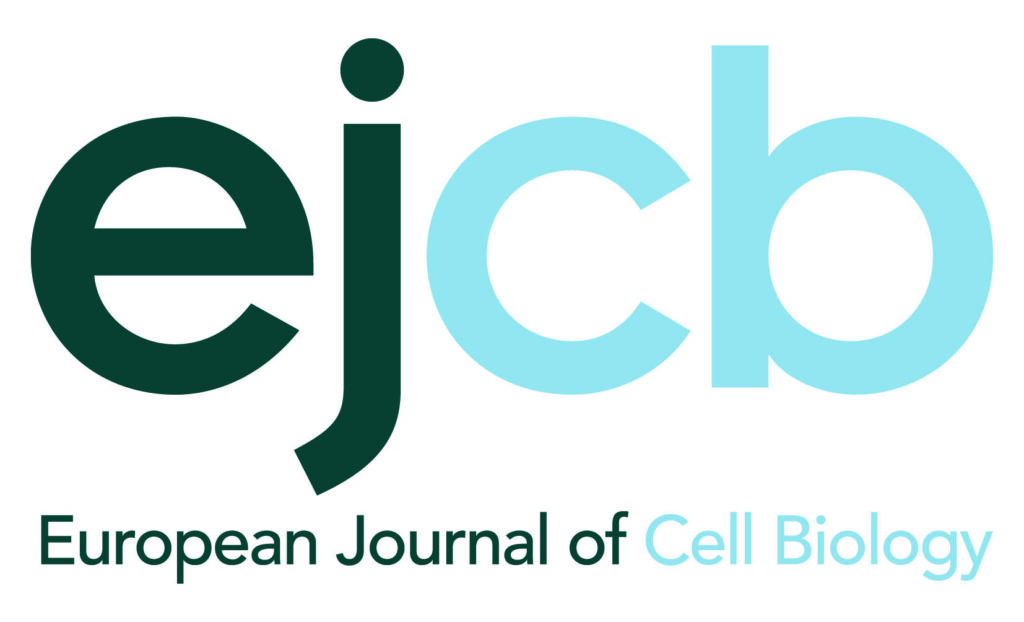
Keynote speakers
| Bernd Bukau ML | Germany | |
| Maria Leptin ML | Germany | |
| Stefan Hell ML | Germany | |
| Tony Hyman ML | Germany | |
| Carl Zeiss Lecture Julia Mahamid |
Germany |
Speakers
| Alba Diz-Munoz | Germany | |
| Ana Garcia Saez | Germany | |
| Andrea Pauli | Austria | |
| Anne Bertolotti | UK | |
| Benoit Ladoux | Germany | |
| Christel Verollet | France | |
| Elias Barriga | Germany | |
| Gaia Pigino | Italy | |
| Hesso Farhan | Austria | |
| Jay Gopalakrishnan | Germany | |
| Joao Matos | Austria | |
| Laura Schaedel | Germany | |
| Matt Paszek | USA | |
| Matthias Altmeyer | Switzerland | |
| Michael Sixt | Austria | |
| Nicoletta Petridou | Germany | |
| Petra Schwille ML | Germany | |
| Pleasantine Mill | UK | |
| Ralf Jungmann | Germany | |
| Robin Klemm | UK | |
| Sara Cuylen-Häring | Germany | |
| Stefan Diez | Germany | |
| Ulrich Hartl ML | Germany | |
| Volker Haucke ML | Germany |
Meeting organization
Main/local organizers:
Gislene Pereira, Heidelberg
Elmar Schiebel, Heidelberg
Oliver Gruss, Bonn
Zuzana Storchova, Kaiserlautern
Co-organizers:
Roland Wedlich-Söldner, Münster
Sandra Iden, Homburg
Conference office
Frederike Seibold
dgz2025conference@cos.uni-heidelberg.de
Christiane Edelmann-Mohr
unikt-kongresse@zuv.uni-heidelberg.de
Congress and Conference Management (UniKT)
Seminarstr. 2, 69117 Heidelberg
ML, member of Leopoldina
Keynote speakers
 |
| Bernd Bukau Center for Molecular Biology of Heidelberg University (ZMBH) https://www.zmbh.uni-heidelberg.de/Bukau/default.shtml |
 |
| Stefan Hell Max-Planck-Institute for Medical Research, Heidelberg and Max-Planck-Institute for Multidisciplinary Sciences, Göttingen https://nanobiophotonics.mpibpc.mpg.de/ |
 |
| Tony Hyman Max Planck Institute for Molecular Cell Biology and Genetics (MPI-CBG) https://hymanlab.org/ |
 |
| Maria Leptin European Research Council (ERC) |
Speakers
 |
Matthias Altmeyer University of Zurich, Department of Molecular Mechanisms of Disease https://www.altmeyerlab.org/ |
 |
Laura Schaedel Center for Biophysics, Saarland University, Saarbrücken https://biocytolab.com/ |
 |
Elias Barriga TU Dresden, Group leader Mechanisms of morphogenesis lab, Cluster of Excellence Physics of Life https://physics-of-life.tu-dresden.de/team/pol-groups/barriga/people |
 |
Anne Bertolotti MRC Laboratory of Molecular Biology, Joint Head of the Neurobiology Division, Cambridge, UK |
 |
Sara Cuylen-Häring European Molecular Biology Laboratory (EMBL) Heidelberg, Cell Biology and Biophysics Unit https://www.embl.org/groups/cuylen/ |
 |
Stefan Diez TUD Dresden University of Technology, B CUBE – Center for Molecular Bioengineering https://tu-dresden.de/cmcb/bcube/diez |
 |
Alba Diz-Munoz European Molecular Biology Laboratory (EMBL) Heidelberg, Cell Biology and Biophysics Unit http://www.embl.de/research/units/cbb/diz-munoz/index.html |
 |
Hesso Farhan Medical University of Innsbruck, Institute of Pathophysiology, Innsbruck, Austria https://www.pathophysiology-innsbruck.com/ |
 |
Ana García Sáez Max Planck Institute of Biophysics, Frankfurt am Main https://www.biophys.mpg.de/membrane-dynamics |
 |
Jay Gopalakrishnan Universitätsklinikum Jena, Institute for Human Genetics http://centrosome-cilia-lab.com/ |
 |
Ulrich Hartl Max-Planck-Institute of Biochemistry, Martinsried https://www.biochem.mpg.de/hartl |
 |
Volker Haucke Leibniz-Forschungsinstitut für Molekulare Pharmakologie (FMP), Berlin www.leibniz-fmp.de/haucke |
 |
Ralf Jungmann LMU Munich and MPI of Biochemistry https://www.jungmannlab.org |
 |
Robin Klemm Associate Professor of Physiological Metabolism, Department of Physiology, Anatomy and Genetics, University of Oxford https://www.dpag.ox.ac.uk/team/robin-klemm |
 |
Benoît Ladoux Max Planck Zentrum for Physics and Medicine & Max Planck Institute for the Science of Light, Friedrich-Alexander-Universität Erlangen-Nürnberg https://mpzpm.mpg.de/research/benoit-ladoux |
 |
Joao Matos Max Perutz Labs, University of Vienna, Austria https://www.maxperutzlabs.ac.at/research/research-groups/matos |
 |
Pleasantine Mill MRC Human Genetics Unit, University of Edinburgh, UK https://www.cilialab.co.uk/ |
 |
Matthew Paszek Biomedical Engineering, University of California, Davis https://www.paszeklab.com |
 |
Andrea Pauli Research Institute of Molecular Pathology (IMP), Vienna BioCenter, Vienna, Austria https://www.imp.ac.at/groups/andrea-pauli/ |
 |
Nicoletta Petridou European Molecular Biology Laboratory (EMBL) Heidelberg, Developmental Biology Unit https://www.embl.org/groups/petridou/ |
 |
Gaia Pigino Human Technopole, Milan, Italy https://humantechnopole.it/it/gruppi-di-ricerca/pigino-group/ |
 |
Petra Schwille Max Planck Institute of Biochemistry, Director, Cellular and Molecular Biophysics, Martinsried https://www.biochem.mpg.de/schwille |
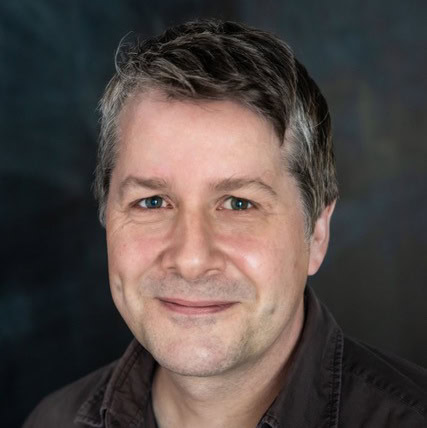 |
Michael Sixt Institute of Science and Technology Austria https://sixt.pages.ist.ac.at/ |
 |
Christel Verollet IPBS, CNRS Toulouse University, Toulouse, France https://www.ipbs.fr/fr/christel-verollet-2/ |
DGZ Prize Winners
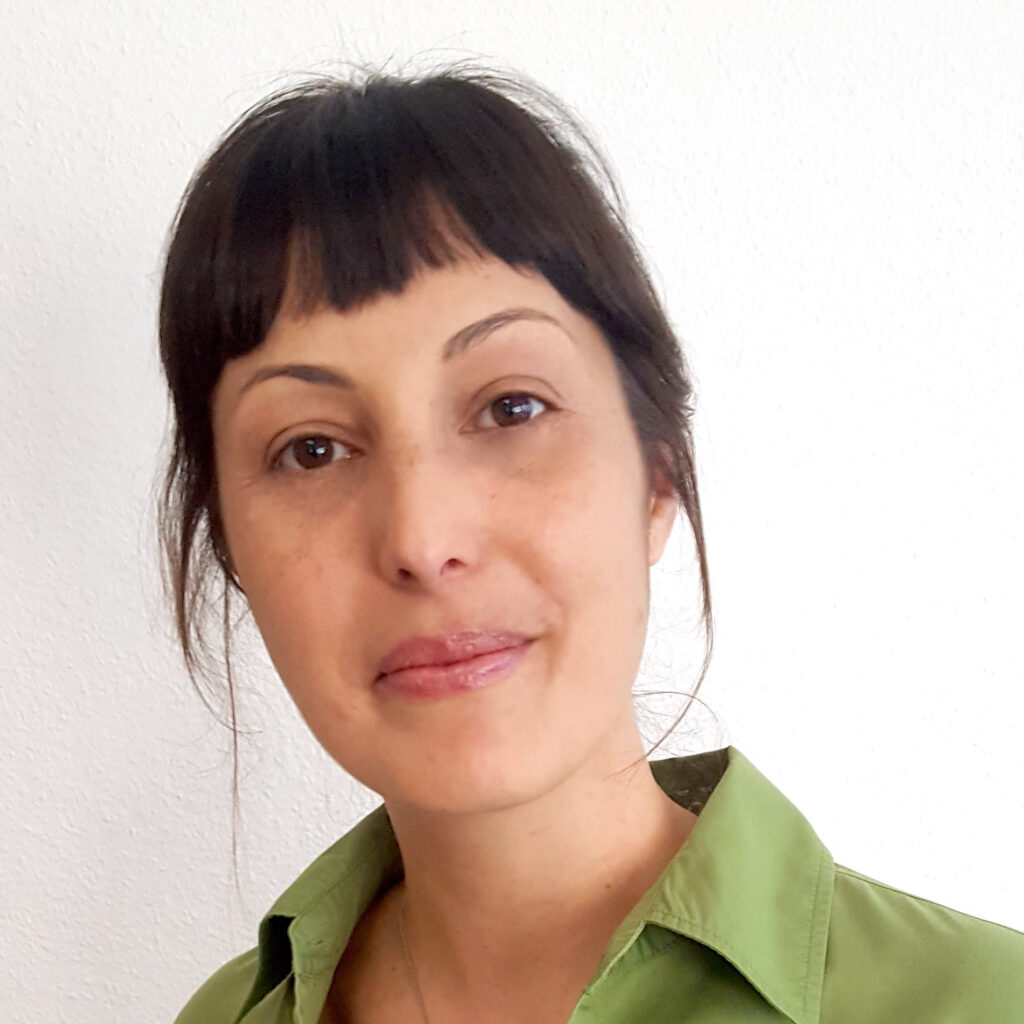 |
| Carl Zeiss Lecture Julia Mahamid European Molecular Biology Laboratory (EMBL) Heidelberg https://www.embl.org/groups/mahamid/ |
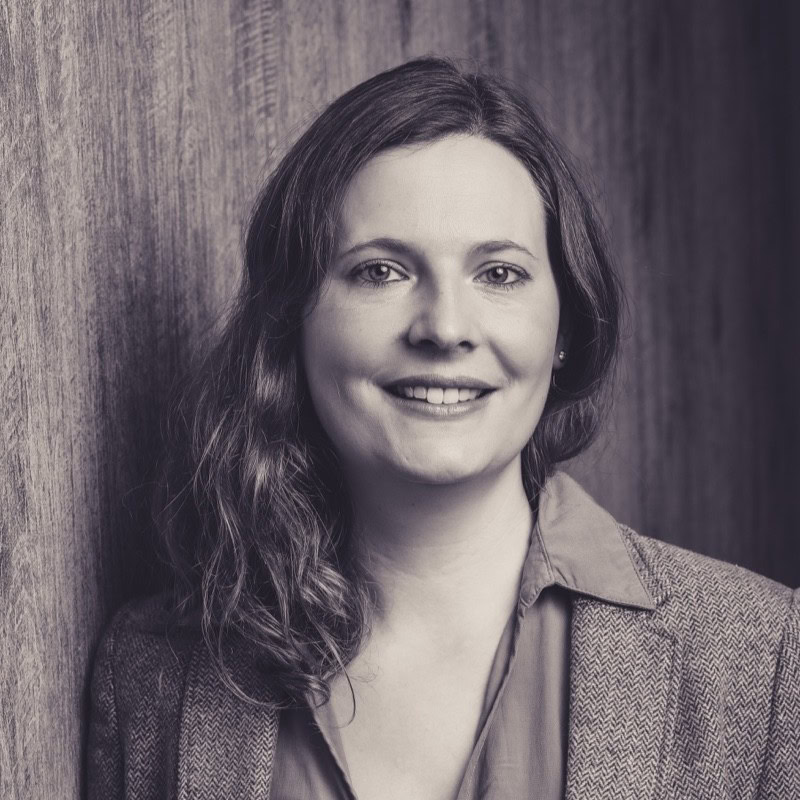 |
| Walther Flemming Award 2025 Lina Herhaus HZI – Helmholtz-Zentrum für Infektionsforschung GmbH Braunschweig |
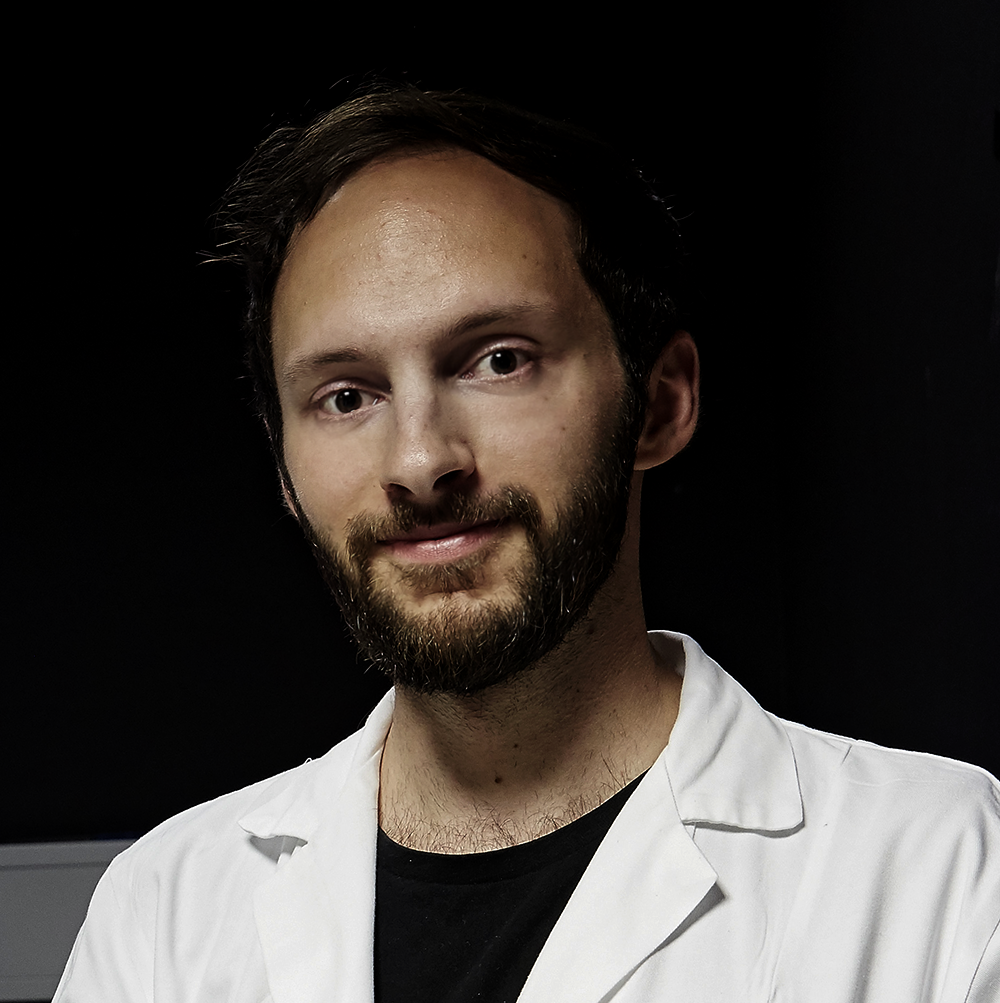 |
| Nikon Young Scientist Award 2025 Tobias Kletter i3S – Institute for Innovation and Research in Health University of Porto, Portugal |
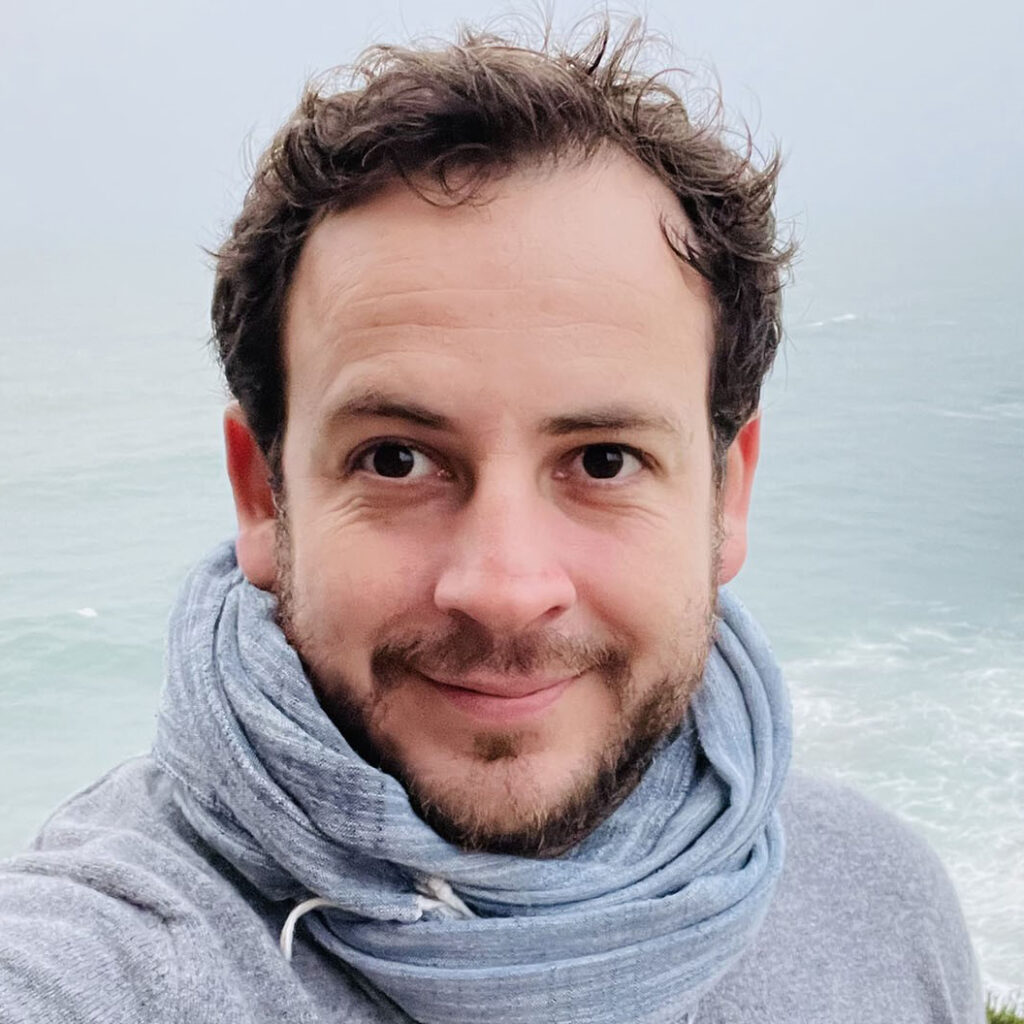 |
| Innovation Prize 2025 Elias H. Barriga TU Dresden |
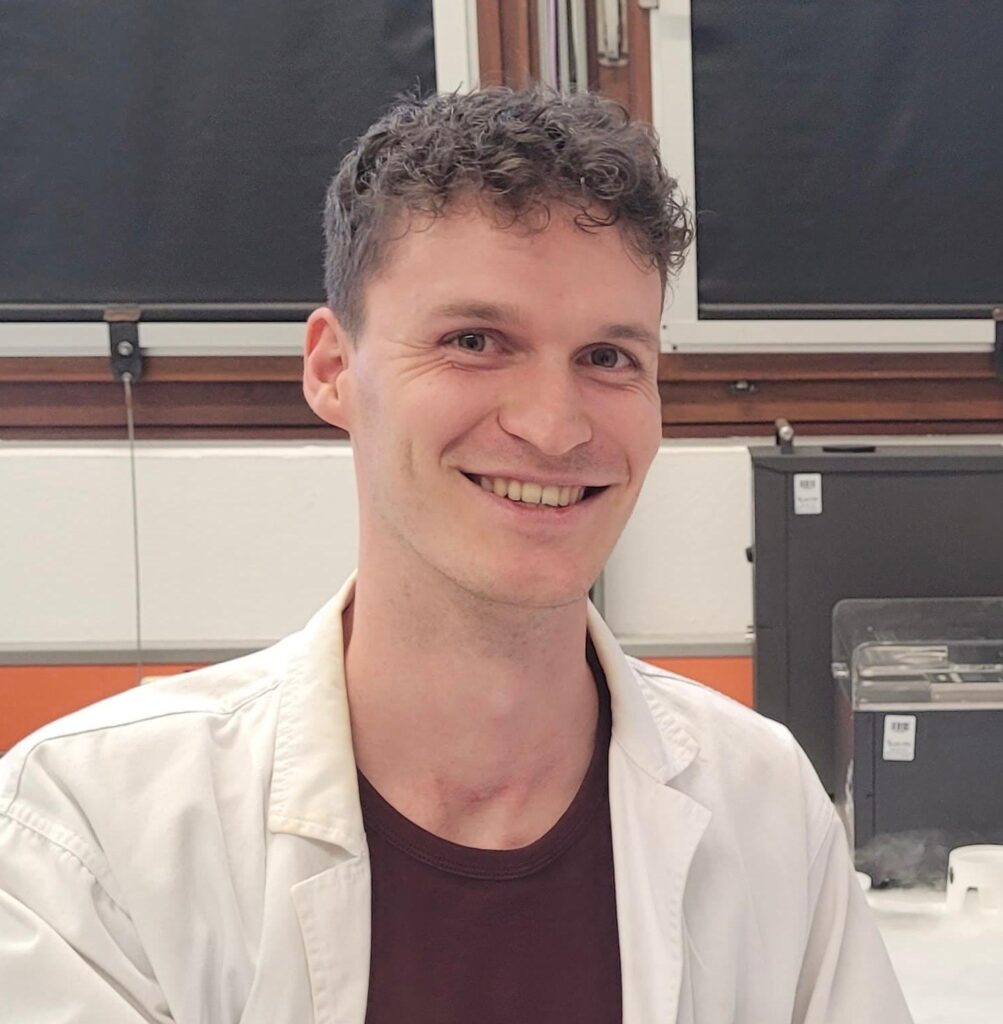 |
| DGZ Master Thesis Award 2025 Bastian Hinkel RPTU Kaiserslautern-Landau |
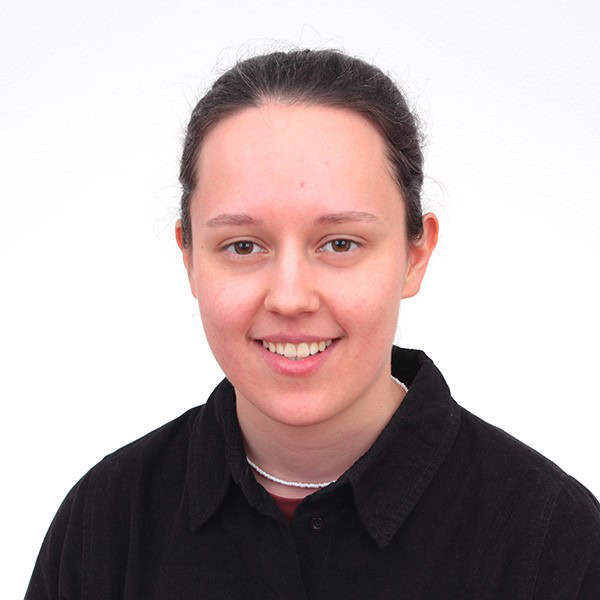 |
| DGZ Master Thesis Award 2025 Silja Friederike Zedlitz Max Planck Institute of Molecular Cell Biology and Genetics Dresden Max Planck School Matter to Life, Technical University Dresden |
Day 1 – Sunday – October 26, 2025
| 12.00 – 14.00 | Registration |
| 14.00 – 14.30 | Welcome Notes General Information: Gislene Pereira Welcome by Sandra Iden, President of DGZ Welcome by Frauke Melchior, Rector of Heidelberg University |
| 14.30 – 16.30 | Keynote Speakers Chair: Elmar Schiebel Welcome of the Deutsche Akademie der Naturforscher Leopoldina (German National Acadmy of Sciences) by Stefan W. Hell |
| 14.40 – 15.35 | Stefan W. Hell (Member of Leopoldina): Molecule-scale resolution and dynamics in fluorescence microscopy |
| 15.35 – 16.30 | Tony Hyman (Member of Leopoldina): Phase separation in cell physiology and disease |
| 16.30 – 17.30 | Carl Zeiss Lecture Introduction by Stefan Gross, CEO, Carl Zeiss Microscopy Deutschland GmbH Julia Mahamid: Enabling discovery by in-cell structural biology |
| 17.30 – 22.00 | Welcome reception |
| 18:30 – 21.30 | Poster Session 1 |
Day 2 – Monday – October 27, 2025
| 8.30 – 10.40 | Scientific Session 1: Physics of the cell / Imaging for cell biology Chairs: Roland Wedlich-Söldner / Stefan Pfeffer |
| 08.30 – 08.55 | Alba Diz-Muñoz: More than the sum: how composite interfaces govern function |
| 08.55 – 09.20 | Matt Paszek: Glycocalyx forces in control of 3D cellular morphology and function |
| 09.20 – 09.35 | Koichiro Takenaka (Short Talk): Thermodynamic control of P granule segregation in the C. elegans embryo |
| 09.35 – 10.00 | Gaia Pigino: Cellular structural biology: a powerful approach to reveal the molecular mechanism of cellular processes |
| 10.00 – 10.25 | Ralf Jungmann: From DNA Nanotechnology to biomedical insight: Towards single-molecule spatial omics |
| 10.25 – 10.40 | Sophie Kopetschke (Short Talk): Translation in a thermophilic eukaryote visualized in situ using cryo-electron tomography |
| 10.40 – 11.10 | Coffee break |
| 11.10 – 13.20 | Scientific Session 2: Cell polarity and cell migration / Cell biology of the immune system Chairs: Markus Engstler / Eva Kiermaier |
| 11.10 – 11.35 | Petra Schwille (Member of Leopoldina): The secret lives of pattern-forming proteins |
| 11.35 – 12.00 | Elias Barriga: Mechano-electrical actuation of tissue morphogenesis |
| 12.00 – 12.15 | Pablo J. Sáez (Short Talk): Branching control of decision-making during cell migration |
| 12.15 – 12.40 | Michael Sixt: Leukocyte navigation in complex environments |
| 12.40 – 13.05 | Christel Vérollet: Bridging the gap: Tunneling nanotubes as key actors for cell-cell fusion |
| 13.05 – 13.20 | Isabel Stötzel (Short Talk): Multiple centrioles in antigen-presenting cells foster T cell activation without centrosome polarization |
| 13.20 – 13.30 |
Group picture |
| 13.20 – 14.30 | Lunch |
| 14.30 – 16.40 | Scientific Session 3: Cell adhesion and mechanobiology / Cellular and organismal proteostasis Chairs: Andrew Clark / Jörg Höhfeld |
| 14.30 – 14.55 | Nicoletta Petridou: Tissue rigidity phase transition shapes morphogen gradients |
| 14.55 – 15.20 | Benoit Ladoux: Epithelial Tissue Mechanics Through the Lens of Ion Transport and Pressure Regulation |
| 15.20 – 15.35 | Windie Höfs (Short Talk): Biomechanical regulation of adult hair follicle stem cell niche self-assembly and plasticity |
| 15.35 – 16.00 | Anton Khmelinskii: Destruction from the ends, selectivity in the ubiquitin-proteasome system |
| 16.00 – 16.15 | Michaela Maria Mayr (Short Talk): Mechanotransduction from the Endoplasmic Reticulum Controls Protein Homeostasis |
| 16:15 – 16.45 | Coffee break |
| 16.45 – 17.30 | Career Talk by Britta Mädge, Programme director at the DFG How to build a career in science management |
| 17.30 – 18.50 | Award Ceremony Chair: Sandra Iden |
| 17.30 – 17.40 |
DGZ Master Thesis Awards Bastian Hinkel: Uncovering the vulnerabilities of monosomic cells: REV3L and translesion synthesis as critical survival factors |
| 17.40 – 17.50 |
DGZ Master Thesis Awards Silja Friederike Zedlitz: Minimal rhodamine probes for covalent protein labeling in live cells |
| 17.50 – 18.10 | Nikon Young Scientist Award sponsored by Nikon DeutschlandTobias Kletter: Cytoplasmic density drives organelle size control during mitosis |
| 18.10 – 18.30 | Walther Flemming Award sponsored by ibidi GmbHLina Herhaus: IRGQ-mediated autophagy in MHC class I quality control promotes tumor immune evasion |
| 18.30 – 18.50 |
Innovation Prize Elias H. Barriga: The forces that shape us |
| 18.50 – 21.00 | Small reception / Get together |
Day 3 – Tuesday – October 28, 2025
| 8.30 – 10.40 | Scientific Session 4: Membrane organization and contact sites / Membrane trafficking and extracellular vesicles Chairs: Katja Zieske / Julia Gross |
| 08.30 – 08.55 | Volker Haucke (Member of Leopoldina): Lipid switches in cell physiology: From nutrient signals to disease |
| 08.55 – 09.20 | Hesso Farhan: Mechanosensing and Mechanotransduction at the Endoplasmic Reticulum |
| 09.20 – 09.35 | Maximilian Gass (Short Talk): PI(4,5)P2 is essential for slit diaphragm formation and endocytosis in Drosophila nephrocytes |
| 09.35 – 10.00 | Robin Klemm: Organelle crosstalk between mitochondria and lipid droplets promotes metabolic flexibility and cell survival |
| 10.00 – 10.25 | Ana Garcia Saez: Shedding light on mitochondrial pores in apoptosis |
| 10.25 – 10.40 | Kerstin Menck (Short talk): The adaptor protein CD2AP controls the biogenesis of Syntenin exosomes |
| 10.40 – 11.10 | Coffee break |
| 11.10 – 13.20 | Scientific Session 5: Cytoskeleton & molecular motors / Cilia & centrosomes Chairs: Oliver Gruss / Dagmar Wachten |
| 11.10 – 11.35 | Laura Schaedel: Tau and MAP65-1/PRC1 employ complementary mechanisms to remodel microtubules at lattice irregularities |
| 11.35 – 12.00 | Stefan Diez: Regulation of bidirectional vesicular transport by membranes and MAPs |
| 12.00 – 12.15 | Saravanan Palani (Short Talk): Twists, Turns, and Tethers: The Cytoskeletal Complexity of Asgard Archaea |
| 12.15 – 12.40 | Pleasantine Mill: The tubulin code and cilia diversity – patient-driven gene discovery leads the way |
| 12.40 – 13.05 | Jay Gopalakrishnan: Disrupting centrosome integrity impairs the DNA repair capability of patient-derived glioma stem cells |
| 13.05 – 13.20 | Cornelia Sala (Short Talk): Structural Organization of the Centriole Lumen by the Inner Scaffold Network |
| 13.20 – 14.30 | Lunch |
| 14.30 – 17.30 | Poster session 2 |
| 17.30 – 22.30 | Get Together (Conference Party) |
Day 4 – Wednesday – October 29, 2025
| 8.30 – 10.40 | Scientific Session 6: Functional organization of the nucleus / Mitosis & meiosis Chairs: M. Cristina Cardoso / Thomas U. Mayer |
| 08.30 – 08.55 | Sara Cuylen-Häring: The Stress Response Choreography: RNA and Chromatin Orchestrate Nucleolar Reorganization |
| 08.55 – 09.20 | Matthias Altmeyer: Charting nuclear responses to genotoxic stress by multidimensional imaging |
| 09.20 – 09.35 | Maximilian Schilling (Short talk): Nuclear Microtubules Organize Chromatin Architecture in Human Cells |
| 09.35 – 10.00 | Joao Matos: Holliday junctions maintain meiotic chromosome synapsis to enable crossover assurance |
| 10.00 – 10.25 | Andrea Pauli: A newly discovered multi-subunit sperm fertilization complex regulates vertebrate fertilization |
| 10.25 – 10.40 | Maiwen Caudron-Herger (Short talk): RNA-protein interactions as a new layer of regulation of cell division |
| 10.40 – 11.10 | Coffee break |
| 11.10 – 13.00 | Keynote Speakers Chair: Zuzana Storchova |
| 11.10 – 12.05 | Maria Leptin (Member of Leopoldina): TBA |
| 12.05 – 13.00 | Bernd Bukau (Member of Leopoldina): The busy life of nascent chains: Mechanisms of co-translational folding and assembly of proteins |
| 13.00 – 13.20 | Poster Prizes (sponsored by the Journal of Cell Science) Short Talk Prize (sponsored by the European Journal of Cell Biology) Travel Award Prize (sponsored by the Company of Biologists) |
| 13.20 – 13.30 | Concluding Remarks (Oliver Gruss, Gislene Pereira) End of the Conference |
Please note that due to space limitation, registration and abstract submissions will be on a first come-first served basis. Your place can only be confirmed after payment of the registration fee.
Registration
Registration fees include admission, conference materials, meals and coffee breaks. Accommodation and travel expenses are not included.
Registration fees
| early bird fees until July 06, 2025 |
regular fees from July 07, 2025 |
|
| DGZ MEMBERS | ||
| Regular (academia) | 410 EUR | 470 EUR |
| Students * | 295 EUR | 355 EUR |
| Industry/others | 520 EUR | 620 EUR |
| NON DGZ-MEMBERS | ||
| Regular (academia) | 490 EUR | 550 EUR |
| Students * | 375 EUR | 435 EUR |
| Industry/others | 620 EUR | 720 EUR |
* with confirmation of enrollment
A letter of support for visa application will be issued upon request, after payment of the registration fee is confirmed.
Abstract submission
Abstracts can be submitted either at the time of initial registration or at a later date. Please make sure to check the abstract submission deadline in the sidebar. Please indicate whether your abstract should be considered for a short talk or poster presentation during submission. To submit your abstract, please use the registration portal.
For any questions regarding abstract submission, please contact.
Reimbursement and cancelations
Cancellations can be made until May 31, 2025, and must be submitted in writing to conference email. A handling fee of 30 EUR will apply to each cancellation. After this date, registrations are non-refundable. A handling fee of 20 EUR will apply for name changes. No refunds will be issued in the event of a no-show or early departure.
Reimbursements will be processed after the meeting, once the reimbursement form and original receipts are received.
Venue address
The conference will take place at the conference center of the German Cancer Research Center (DKFZ) main building.
Address: Communication Center, DKFZ, Im Neuenheimer Feld 280, 69120 Heidelberg, Germany
How to find us: please visit here
Campus map/DKFZ location: please check here or here.
For updated information on public transport, please visit RNV
Accommodation
Accommodation is not included in the conference registration fee.
Limited number of rooms have been reserved for participants in the hotels listed below. For reservations, please visit here.
Travel information
Trains and long-distance buses:
Express or regional trains as well as long-distance busses connect Heidelberg main train station (Hauptbahnhof) to the majority of German cities or European countries.
To purchase a train ticket please visit here
To purchase a bus ticket please visit busradar or flixbus.
Airports:
Frankfurt international airport (FRA) is the closest airport to Heidelberg with convenient transfer options.
The transfer from Frankfurt international airport to Heidelberg takes around 45-60 min and can be done by train (please choose station “Frankfurt am Main Flughafen Fernbahnhof” or using shuttle services such as:
Stuttgart airport (STR) is about 125 Km away from Heidelberg and transfer options are available by train or bus.
Car:
For information on how to reach the DKFZ by car, please check here.
Please note that parking spaces are limited on campus. The closest public parking garage is located 5–8 minutes walking distance from the DKFZ main building:
P25/Mathematikon (Berliner Straße 41-49, 69120 Heidelberg). For more information, please visit here.
Additional information
Catering:
Meals and coffee breaks are included in the registration fee. Vegetarian meals will be provided, including vegan and gluten-free options. Please let us know well in advance of any other dietary requirement.
Drinks and food are not allowed in the auditorium.
Printing
If you require printing your boarding pass or train tickets, please send your file to conference email address and collect the print-outs at the registration desk.
Certificate of participation
Certificates of participation will be uploaded in the registration portal after the meeting.
Sightseeing
For sightseeing activities in Heidelberg, please visit here.
Sponsors
We are grateful to our sponsors

Sponsorship opportunities
We offer a range of event sponsorship opportunities, allowing you to choose a predefined sponsorship package or customize individual options to fit your budget.
If you are interested in sponsoring this event, please contact us at dgz2025conference@cos.uni-heidelberg.de.
